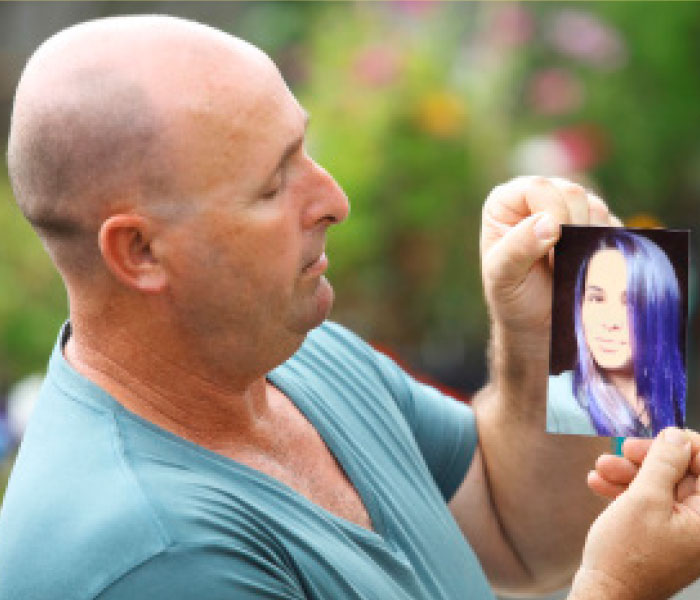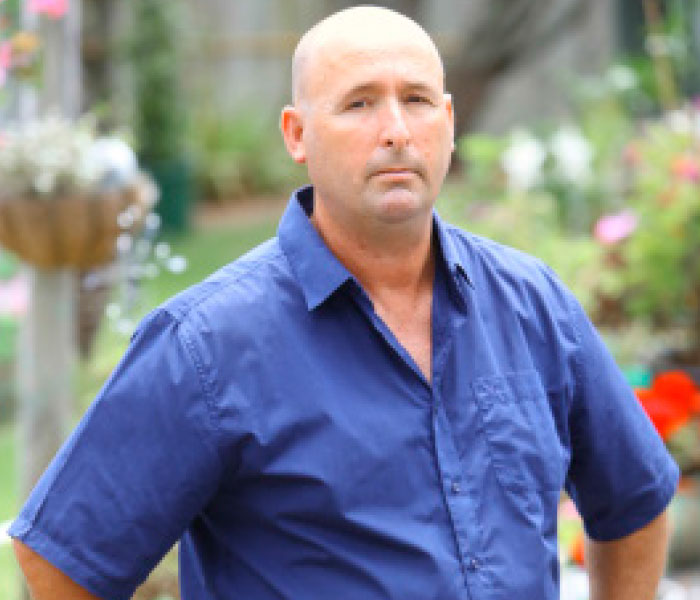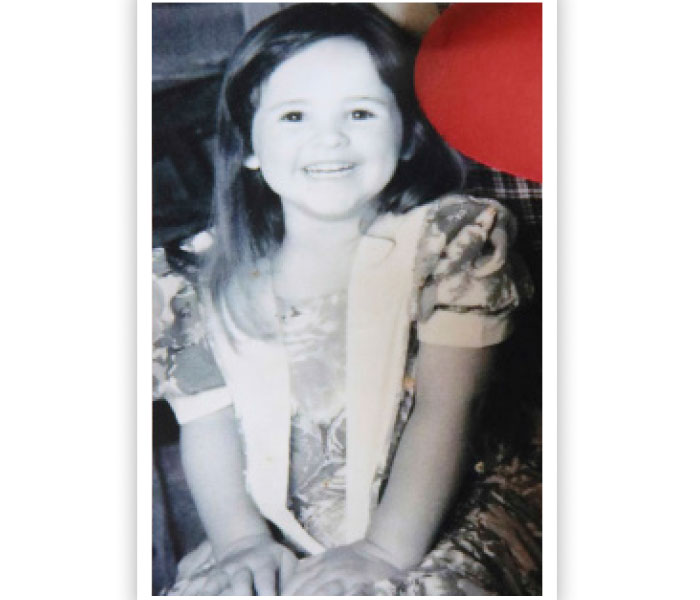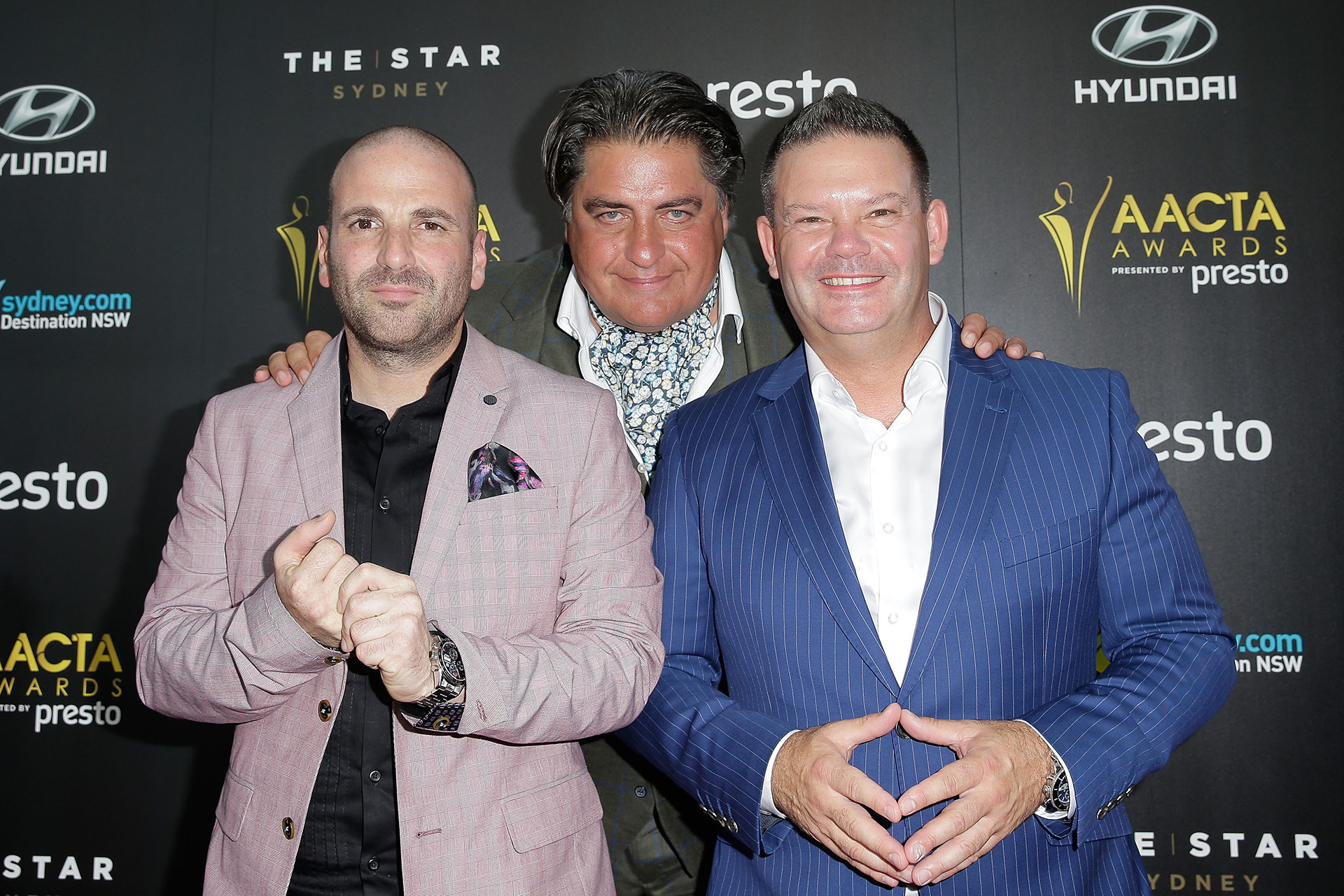Philip Devonshire holds a picture frame emblazoned with the word FAMILY in capital letters. In the centre is a photograph of a happy, smiling teenager, his daughter Jane.
“She was,” he says, close to tears, “a pretty girl, my baby girl.”
Jane Lee Devonshire was killed instantly when the rubbish truck she was working on – later found to be overdue for a service – plunged off a cliff in Birkenhead, Auckland, in August 2015. She was 19 and had only been working for her employer, Veolia, for six weeks.
“You know, I sometimes blame myself,” says Philip. “I had said to Jane that she should get a job so she could buy herself things, feel better about herself… she decided Dad was right and then she was gone.”
Three parties have been sentenced over Jane’s death – Auckland City Council, Veolia (previously Onyx), which was contracted to collect refuse for the council, and NP Dobbe Maintenance, which was contracted to maintain the fleet of trucks.

They were all charged under the Health and Safety in Employment Act with failing to take all practical steps to ensure employees were not harmed and were collectively ordered to pay $120,000 in fines, plus an additional sum in reparations.
Philip says receiving any money for the tragedy is the least of his pressing concerns. Instead, he believes the justice system has failed both his daughter and himself, and is calling for a new corporate manslaughter law.
He is also upset that the penalties imposed on the companies were applied globally – despite each of the charges carrying a maximum penalty of $250,000 – and were the result of “discounting”, where the sentencing judge reduces amounts for guilty pleas, attendance at restorative justice meetings, showing remorse and cooperation with police.
“Sitting there listening to the judge talk about discounts was awful. All up, NPD got a 65 per cent discount. It just went lower and lower and lower. I thought is this a court or am I at The Warehouse? It was appalling.”

He had felt intimidated and ignored throughout the court process.
“I felt invisible,” he tells. “I wanted to get up and say something but I thought it would just make matters worse. The only time any of them apologised to me was at the restorative justice meeting, basically because they had to. I felt like saying, ‘You know what you can do with your sorry’.”
Philip says he mourns for his daughter every day.
“We were pretty close. We had our moments, like all fathers and daughters, but she was a lovely girl.”
He has set up a small shrine for her at home where the photograph of Jane – “I say hi to her every day” – plus one of his other daughters and two grandchildren is displayed. He visits the site of the accident, where a wooden cross has been erected in Jane’s memory, regularly.
He tells how, since the tragedy, he has been unable to hold down his job in security and is living off savings. He has problems sleeping and suffers bouts of depression.
“It’s been pretty emotional. Sometimes I would be sitting in the [security] car just thinking about how my poor Jane would have been on the truck, going down the hill, getting crushed, how frightened she would have been… that she would have been screaming, yelling out for help.”

While he was grateful the Council has since made the corner where the truck went over the bank safer, with barriers and a blind spot mirror, and that the other companies had reviewed and changed their practices following the crash, it changed nothing for him.
Reparation paid to provide “material comfort” was a slap in the face, he says.
“Jane’s death has destroyed my life – and it could have been totally avoided if everyone was doing their job properly. It’s about recognising the pain this has caused, about the suffering, the on-going emotional distress. That’s never going to be over.
“Yes, they paid for my daughter’s funeral and given the family so-called comfort and paid a fine, but they haven’t been hurt in any way whatsoever. They can leave the court and get on with their lives. I have to live with it until the day I die.”
For more from New Zealand Woman’s Weekly, visit our Facebook page, and follow us on Instagram.


